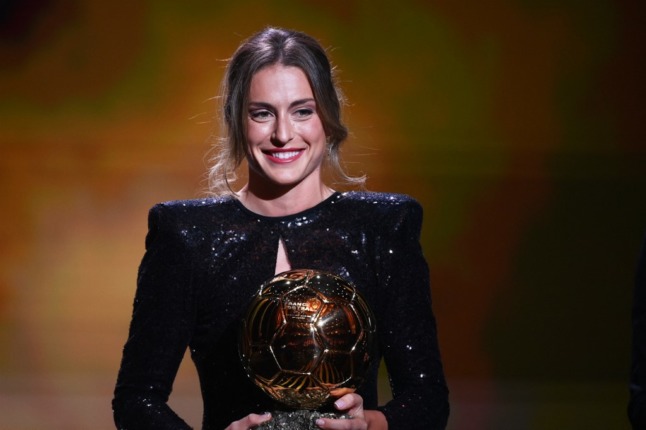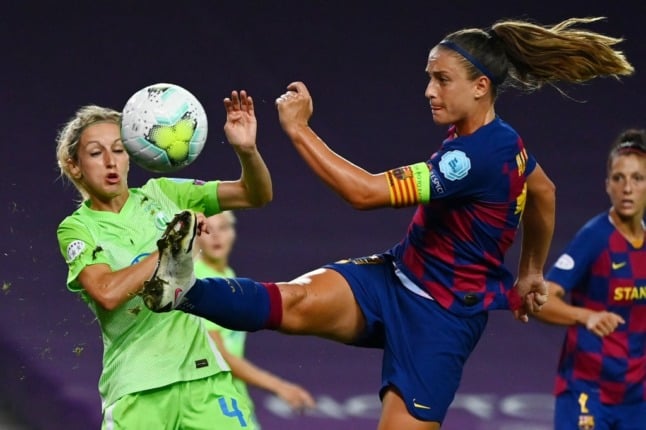President Francois Hollande is set Friday to order the remains of two women Resistance fighters moved to the Pantheon, after outcries over the great gender imbalance at France's monument to distinguished figures.
Out of some 70 people interred at the neo-Classical mausoleum in Paris only one is a woman there for her own achievements — Nobel prize-winning scientist Marie Curie.
The only other woman is Sophie Berthelot, the wife of chemist Marcellin Berthelot.
Pressure has been building on Hollande to start addressing the imbalance, with feminist groups pushing to have more women named to the Pantheon and holding protests in front of its massive portico.
A government source told AFP Hollande will on Friday announce the addition of four figures from France's World War II-era Resistance to the Pantheon's hallowed chambers, including two women, Germaine Tillion and Genevieve de Gaulle-Anthonioz.
Resistance fighter Pierre Brossolette and Jean Zay, a politician assassinated by pro-Vichy militia, are also on the list, which Hollande will unveil at the Mont-Valerien Resistance memorial outside Paris.
Tillion, an ethnologist who died in 2008 aged 100, was a founding member of a famed Resistance cell of intellectuals and academics. She was sent to the Ravensbruck concentration camp for women, escaped and eventually wrote an insightful account of her time there.
De Gaulle-Anthonioz, a niece of General Charles de Gaulle, was another Resistance member who was sent to Ravensbruck and also wrote a memoir of that
time.
She later headed up ATD-Quart Monde, a prominent French rights and anti-poverty group, and died in 2002 aged 81. In a report last year, France's Centre for National Monuments (CMN) urged Hollande to name more women to the Pantheon, where the remains of such greats as Voltaire, Jean-Jacques Rousseau and Victor Hugo are interred.
CMN chief Philippe Belaval said in October that he had urged Hollande to only name women to the Pantheon during his tenure "because the gender
imbalance is very wide."
A poll conducted on the CMN website saw 1,200 suggestions made for new nominees to the Pantheon, with most of the top nominees women. Among them were Olympe de Gouges, the revolutionary co-author of a declaration of women's rights who was guillotined in 1793, anarchist Louise Michel and philosopher Simone de Beauvoir.
In his report, Belaval said more needed to be done to modernize and attract visitors to the Pantheon.
About 700,000 people tour the mausoleum every year, far fewer than the number that visit top Paris attractions like the Notre Dame Cathedral, which receives more than 13 million visitors annually.




 Please whitelist us to continue reading.
Please whitelist us to continue reading.
Member comments